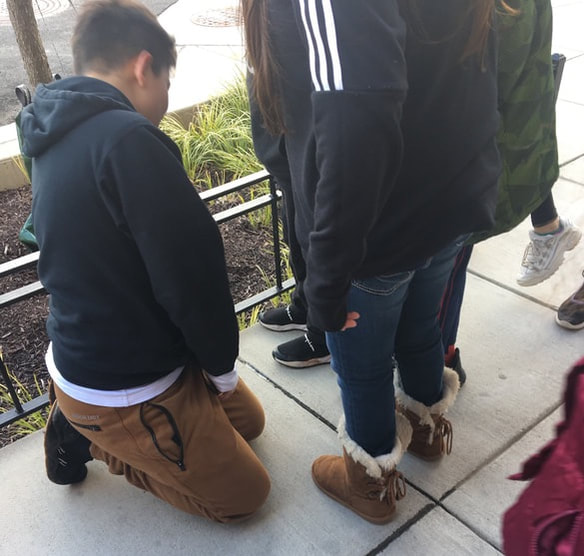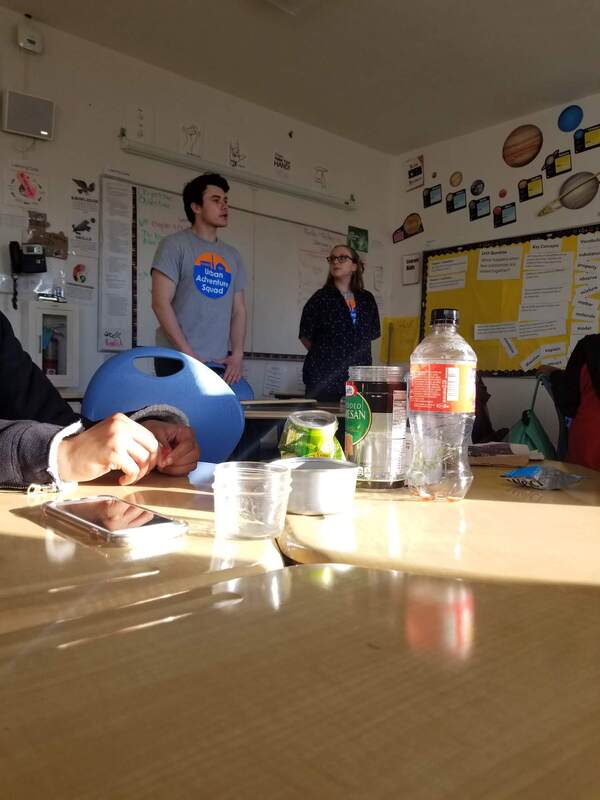In 2019, Urban Adventure Squad was awarded a $20,000 Community Stormwater Solutions Grant from the DC Department of Energy and Environment (DOEE).
|
Go PLAY! (Find Our Geocaches)Activities for the Classroom or HomeSquad Videos
|

